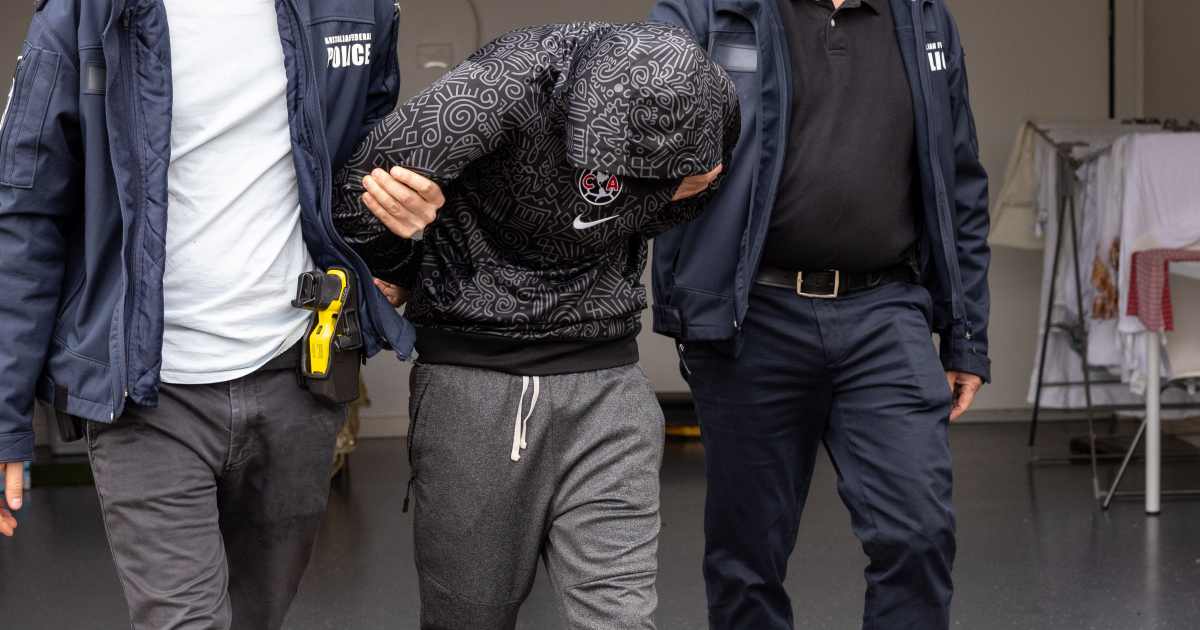Diana Zhang will share her research on developing an advanced machine learning method that can diagnose Parkinson’s Disease from a chemical ‘fingerprint’.
A UNSW researcher has been selected from a competitive field of Australian early career scientists to attend the 71st Lindau Nobel Laureates Meeting in Germany.
Diana Zhang from the School of Chemistry at UNSW Science will exchange ideas with some of the world’s brightest minds in chemistry at the summit, which will feature 40 Nobel winners and around 600 young scientists from 91 countries.
Just six Australians were selected from a field of young researchers worldwide and will attend the Lindau summit on a Science and Industry Endowment Fund (SIEF) – Australian Academy of Science (AAS) Fellowship.
Miss Zhang, a 2021 Fullbright Scholar and Scientia PhD Scholar, specialises in analytical chemistry and is currently working at Boston University to develop an advanced machine learning method that can diagnose Parkinson’s Disease from a chemical ‘fingerprint’, which are produced from volatile chemicals found at the surface of skin.
She describes the Lindau Nobel Laureate Meeting as the “Olympics for young scientists”, where young researchers can engage in scintillating scientific discussions and meet some of the greatest scientists of their time.
“I feel so humbled to have been selected and to have the chance to not just fly the Australian flag, but to represent UNSW on the global stage,” she said.
“Having been a UNSW student for over nine years, I’m thankful that I can give back to an institution that has made me who I am today. I hope that my experiences may also empower future UNSW students to strive for their best.”
Miss Zhang said she’s looking forward to sharing her work and learning about the diversity of research being conducted globally.
“As a Women in STEM ambassador and young entrepreneur, I’m particularly passionate about two things. How we can increase representation of females and other underrepresented groups in the STEM sector, and how we can translate lab-based science for societal use. So, I’m very much looking forward to the panel discussion on ‘The Diversity Challenge’,” she said.
Acting Dean of Science, Professor Scott Kable, said Miss Zhang’s research exemplifies how the integration of machine learning and analytical instrumentation could revolutionise medical diagnostics.
“Miss Zhang’s research has the potential to profoundly impact the Parkinson’s community by enabling early diagnosis,” he said.
“We are thrilled she’s been selected to discuss her work with some of the world’s leading young chemists and exchange ideas on the future of science”.
A small delegation of leading Australian undergraduates, PhD students, and post-doctoral researchers is selected to attend the summit each year and take part in a post-meeting study tour led by renowned Australian scientists.
Five of the SIEF-AAS Fellows from the field of chemistry, who attended the 70th meeting virtually, have also been invited to participate in person and will travel with the cohort selected this year to Lindau. The 71st meeting is dedicated to Chemistry and will be held from 26 June to 1 July.
/Public Release. View in full here.








